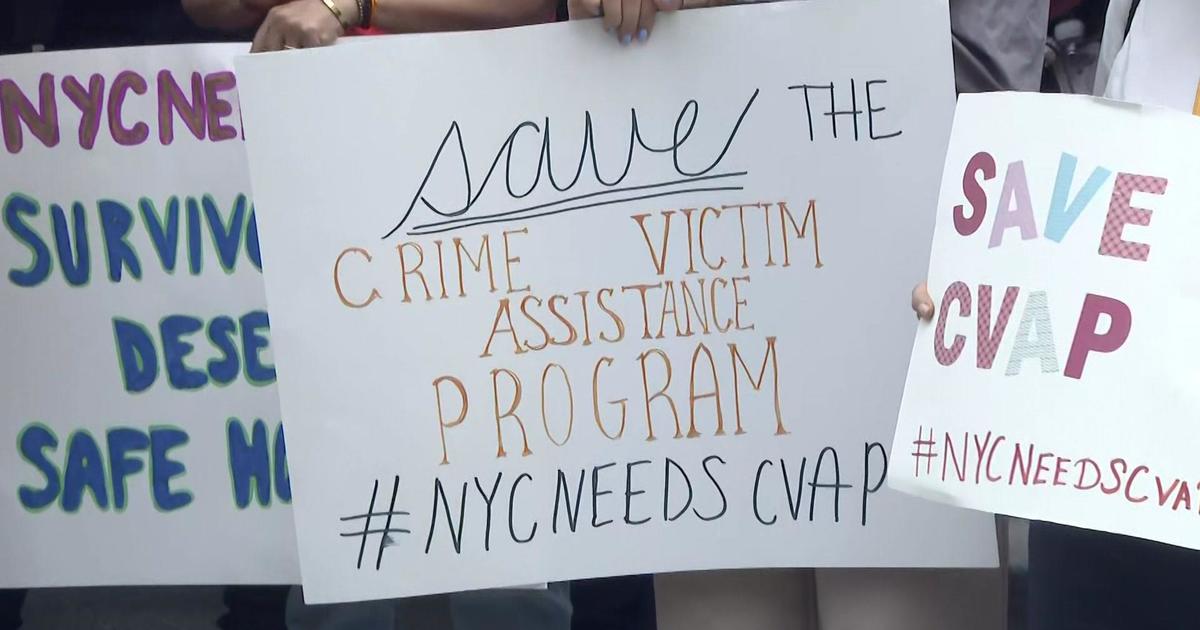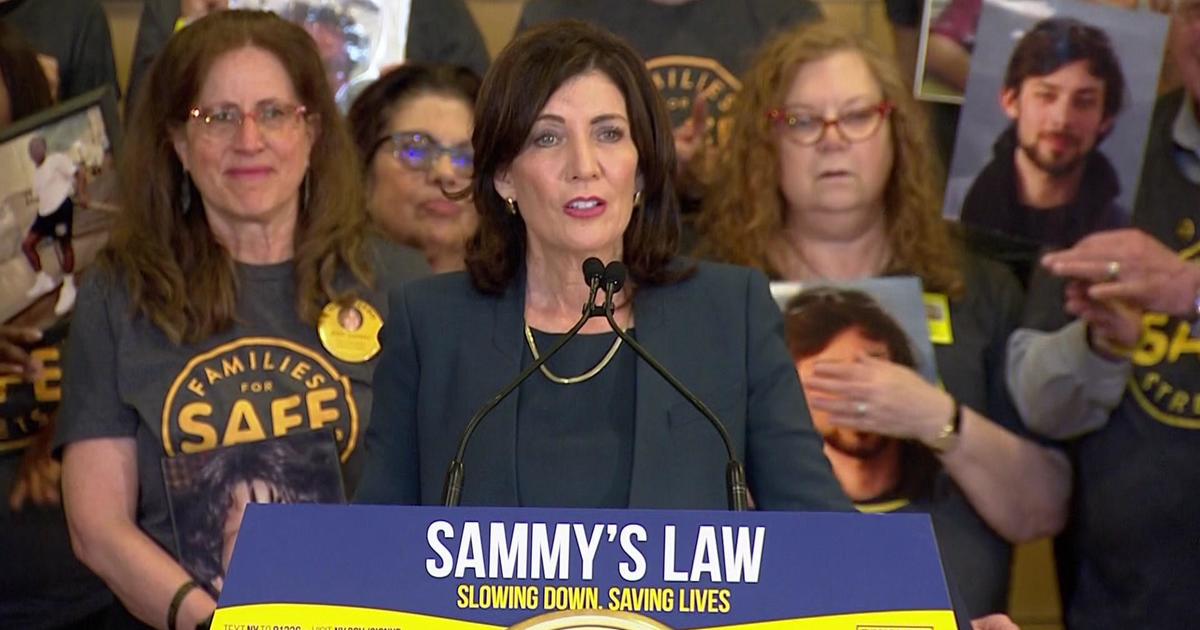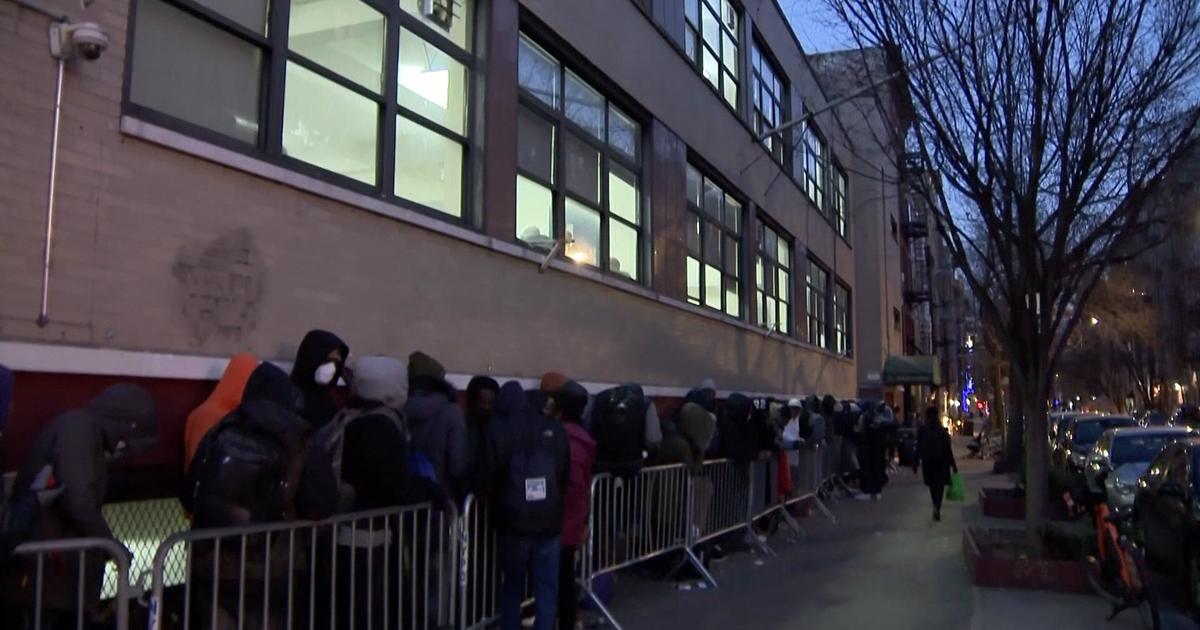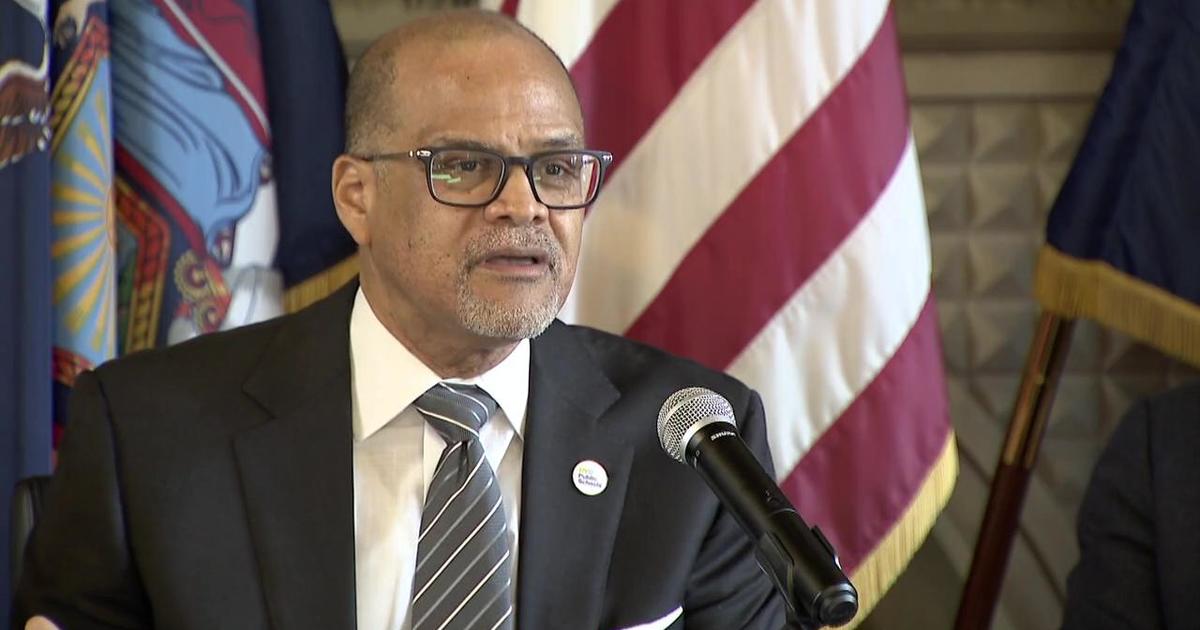Werth Contract Startling - Even For Baseball
TIM DAHLBERG, AP Sports Columnist
NEW YORK (AP) -- Even those who don't follow baseball closely had to notice, if only because the figures were so startling. Jayson Werth is a decent enough outfielder, but giving him $126 million over seven years seems unfathomable even when taking into account the bizarre economics of the sport.
"It's a long time and a lot of money," New York Mets general manager Sandy Alderson said. "I thought they were trying to reduce the deficit in Washington."
What they probably didn't notice was what happened Monday, when former union boss Marvin Miller was once again denied admission to the Hall of Fame. Miller certainly did, though, and wasn't afraid to say what he thought about the voters who kept him out.
"A long time ago, it became apparent that the Hall sought to bury me long before my time, as a metaphor for burying the union and eradicating its real influence," Miller said.
Harsh words, sure, but one of the advantages of living to the age of 93 is that you don't have to worry much about speaking your mind. And perhaps it's fitting that Miller gets one last battle with the game he was never afraid to take on.
Debate whether a union leader should be in the Hall of Fame all you want. But there's no debate that Miller helped change the way baseball operates.
He took on owners and won freedom for players. He led players in three strikes, and kept them together during two lockouts.
Without his pioneering efforts, players might today still be working offseasons to make ends meet. With his efforts, he made it possible for a lot of players to never have to worry about money again.
In a game obsessed with stats, here's one that trumps them all: When Miller took over the Major League Baseball Players Association in 1966, the average salary was $19,000. By the time he left in 1981, it was $185,000.
Today, thanks in part to contracts like the one Werth and agent Scott Boras wrangled out of the Washington Nationals, the average major leaguer makes $3.3 million a year.
That's great for the players, though not so great for owners. And that's likely the reason Miller lost out by one vote Monday when the 16-man Veterans Committee nominated only longtime front office executive Pat Gillick for inclusion in the hall.
Hard to blame the management members of the committee if they voted against Miller. He helped usher in free agency in 1975, and owners have not been able to control themselves ever since.
Certainly the Nationals weren't able to show any restraint in handing out a contract to a .272 career hitter that seemed to shock other baseball executives huddling at the winter meetings in Florida. Werth was widely regarded as the No. 3 player in the free agent class behind Cliff Lee and Carl Crawford, but there was no indication other teams were considering paying him $18 million a year in a contract that won't be paid off until he is 38.
Miller would surely argue that it's the free market system working at its best, and the Nationals were a bit desperate after losing slugger Adam Dunn to the White Sox. But Dunn, who had better numbers than Werth last season, got only a four-year deal worth $56 million while Werth got seven years and $126 million.
That embarrassment of riches bought the Nationals a right fielder who, despite playing in a hitter-friendly park in Philadelphia, has never had 100 RBIs in a season and has only once hit more than 30 home runs.
The scary thing about the deal is that the Nationals — who began last season with a payroll of about $60 million — committed so much money when they have trouble filling even half the seats in their home ballpark. But that's a trend across the league, where attendance has dropped by nearly 3,000 a game over the last three years, meaning teams will have to find ways to squeeze more dollars out of fewer fans to make payroll.
There's a limit to how many dollars can be squeezed, which even the Yankees found out when they tried to peddle $2,500 seats behind home plate. Indeed, an Associated Press poll taken last year revealed nearly two of every three fans said the high price of attending games is the biggest problem facing baseball today.
It could become an even bigger problem in the future. While the NBA and NFL appear ready to lock out players next year to drive salaries down, baseball owners continue to spend like drunk sailors every time they spot a free agent who might lead them to a World Series.
Werth was the latest recipient of their largesse, but he won't be the last. The one sure thing in the absence of a salary cap that the union will never stand for and owners who can't control themselves is that salaries will continue to rise.
The other sure thing is that ticket prices will rise even faster.
____
Tim Dahlberg is a national sports columnist for The Associated Press. Write to him at tdahlberg(at)ap.org
Copyright 2010 The Associated Press.




